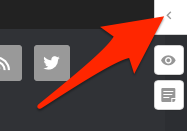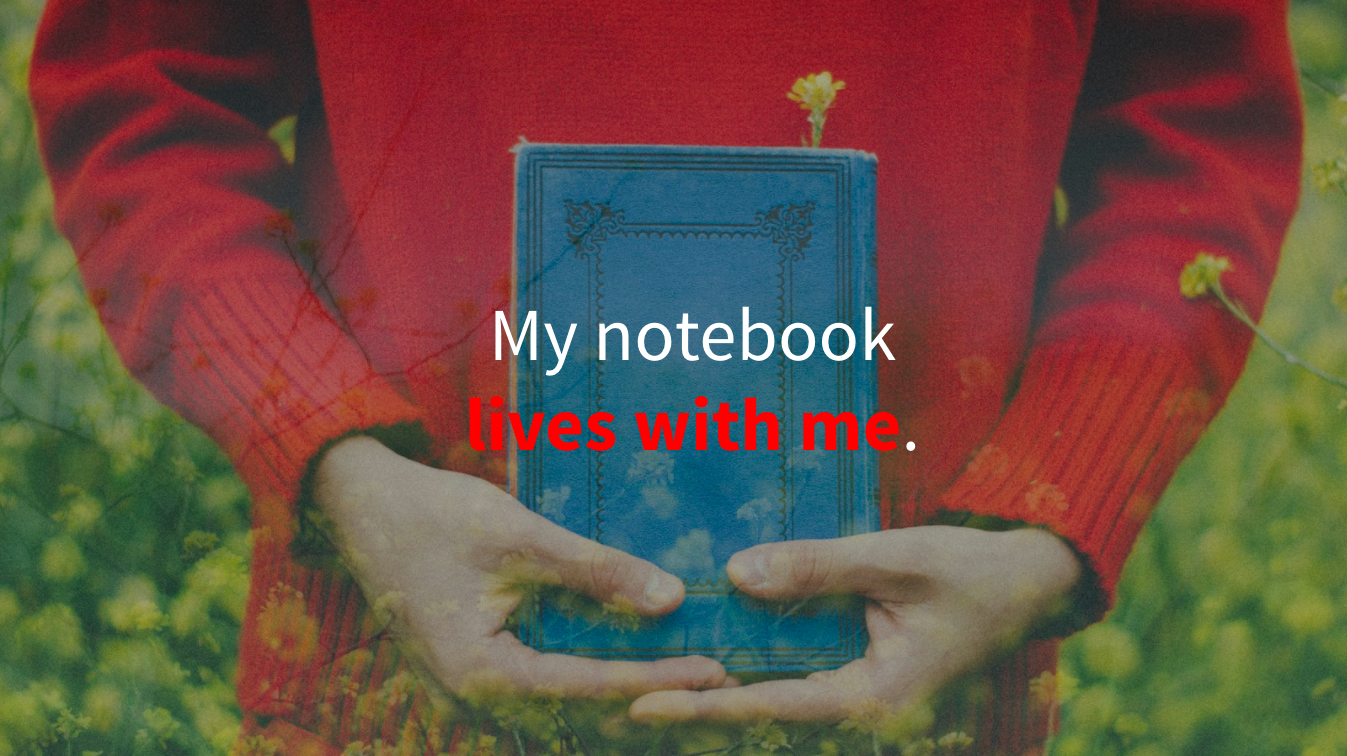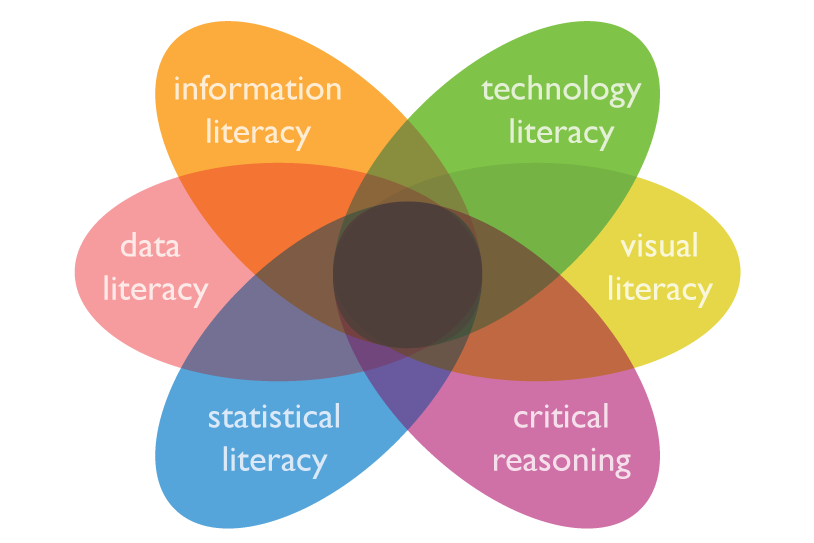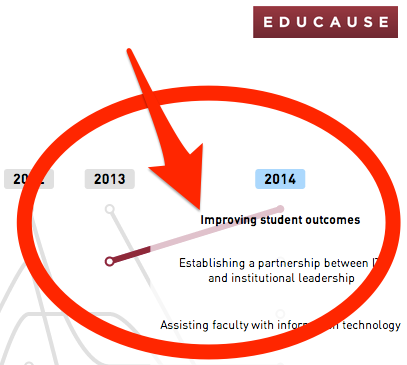I’m incredibly excited—and deeply honored—to be joining the team at Hypothesis, the organization behind the capabilities that enable everyone to take digital notes, everywhere. At Hypothesis, I’ll be leading marketing: telling the stories that engage people to add a new layer to the web.

If you haven’t seen Hypothesis before, look in the upper right corner of my blog and you’ll see buttons that let you create and add to your own digital notebook of annotated links. For your further travels, the easiest way to use Hypothesis everywhere is with our Chrome browser extension.


